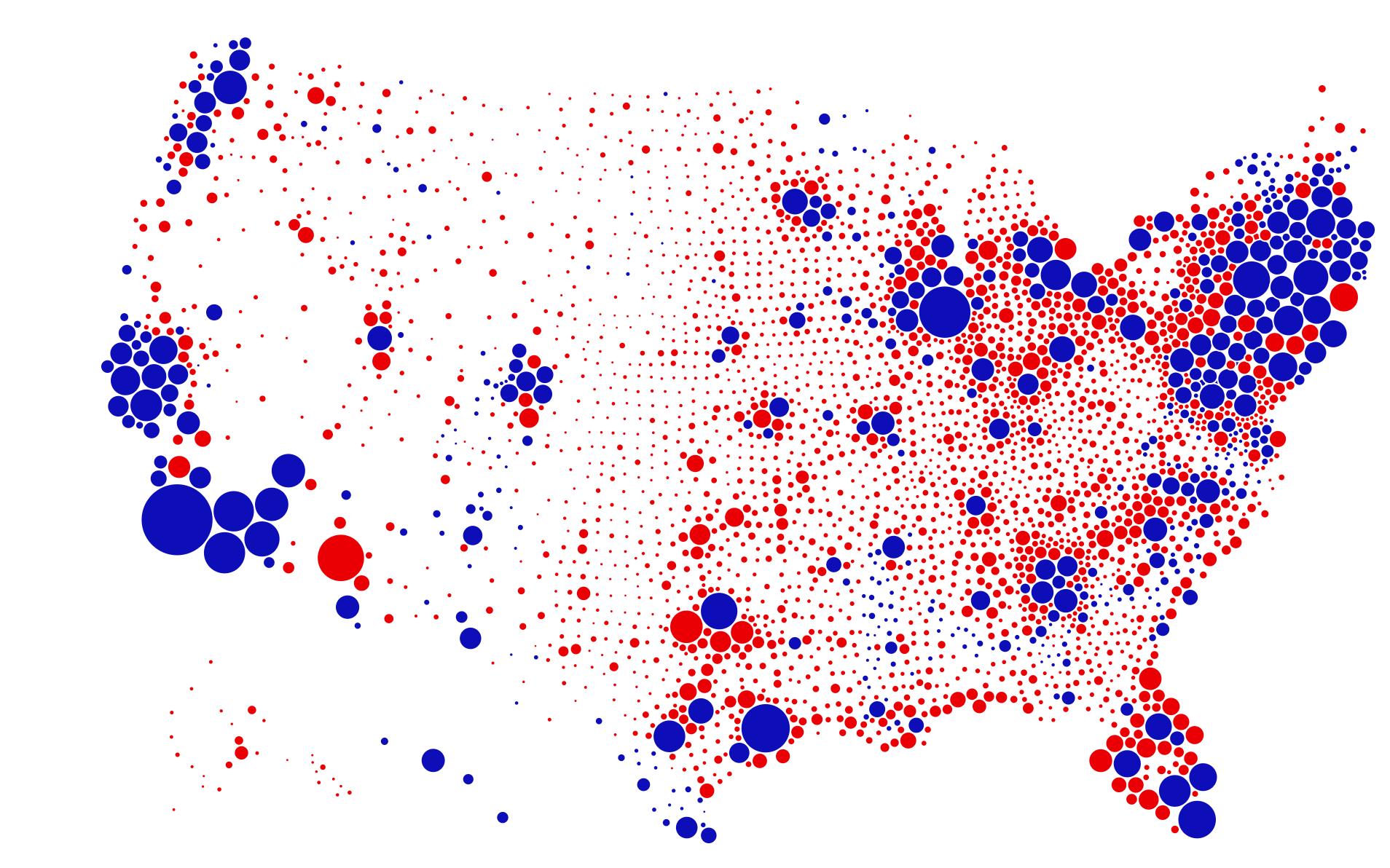We've posted on the power of the General Strike and the risks it poses to finance and investing.* Here are the historical antecedents.
An overview from History Defined:
In Rome, citizens had multiple rights, but that did not mean there were no challenges for the ruling class. The plebeians (commoners) were part of the general body of free Roman citizens, but they were not patricians.
Both classes of citizens in Rome were hereditary, and thanks to these commoners, Rome’s government ended up creating laws and a government that reflected the needs of all of its citizens.
What was the tool that they used so successfully? It was a secession. But what did it mean, and what role did it play in the history of Rome?
A secessio plebis or withdrawal of the commoners was an informal exercise of power by its plebeian citizens. The plebeian citizens would leave the city, leaving all the shops and workshops non-operational. The concept is similar to what we know today as a general strike.
Any commercial transactions would largely cease, leaving its patrician citizens without resources. There was strength in numbers since the plebeian citizens were the vast majority of Rome’s population and the primary source of food production and other critical resources.
There were multiple secessions throughout Roman history, most of which were related to specific grievances against the ruling class. Let’s explore the five successions and the results of each one....
....MUCH MORE
*January 2021: Logistics: "Shutting It All Down: The Power of General Strikes in U.S. History"
For the last month I've been pondering the optimal bet should a general strike interrupt transport into major urban centers.
December 2020: Urban Complexity and Fragility
Sometimes people forget where their food comes from and who it is they should thank for their daily sustenance.
One of the things a risk manager is tasked with is catastrophizing possible futures and developing plans to either mitigate or hopefully, profit from the worst case scenario. Most of our readers are familiar with the more dramatic scenarios: Tokyo earthquake at magnitude 8.5 - 9.5. An electromagnetic pulse, whether caused by a coronal mass ejection or an airburst of a nuclear weapon, an underwater landslide on the order of the Storegga slide creating a megatsunami, etc. These are the better known risks.
But one of the more mundane risks is something like a general strike.
Here's a map used to make the political point that land doesn't vote, people vote:

What the map also does is highlight the places, cities, that would be most at risk if the whole system came to a halt.
How long would it take for the food supply to run out in New York City or San Francisco or Atlanta or Philadelphia?
Here's the American Trucking Association with some answers:...